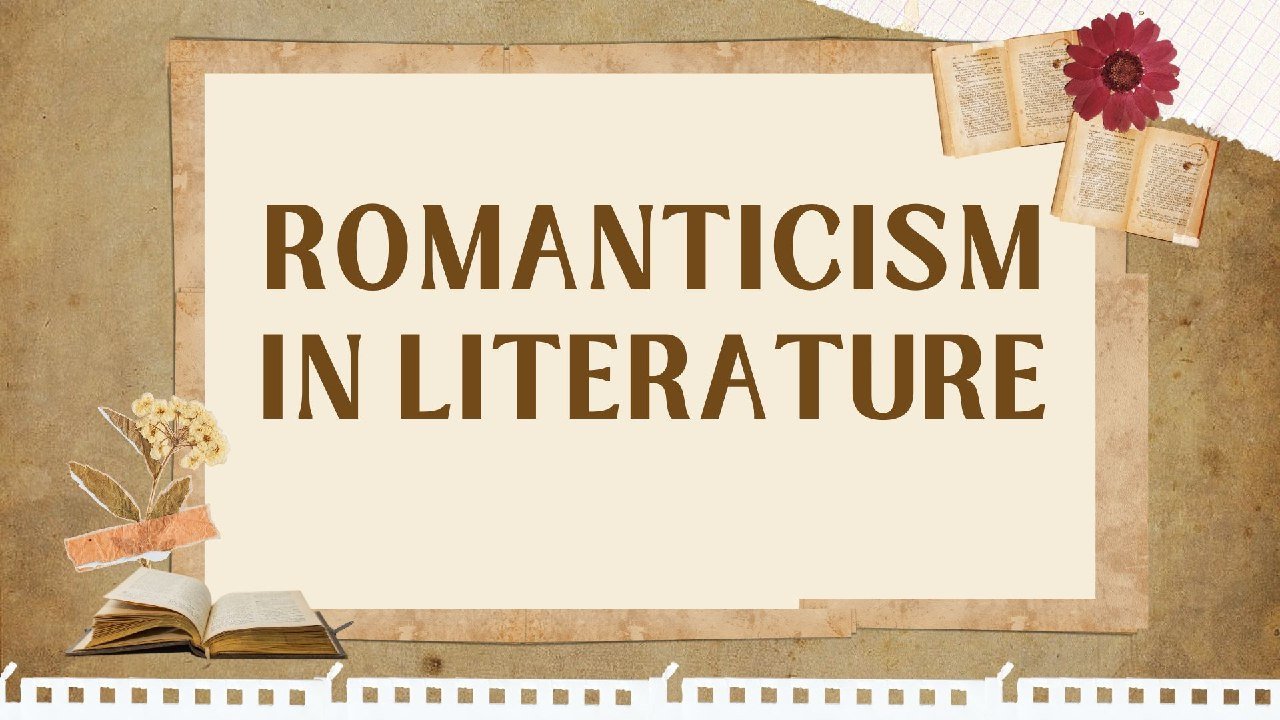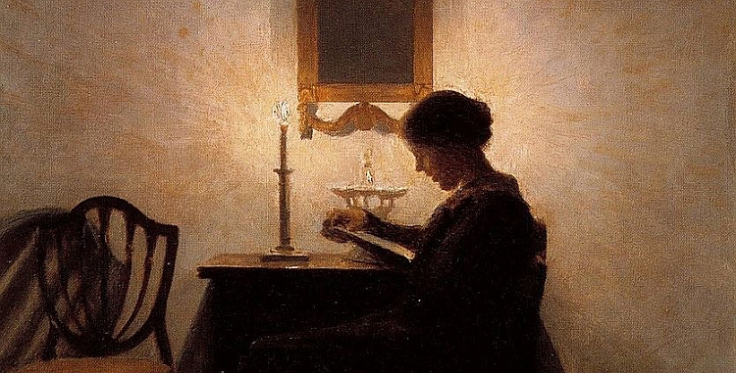
Emerging in the late 18th century, Romanticism marked a major shift in literary culture. This movement, peaking in the early 19th century, moved away from the structured ideals of the Enlightenment to embrace emotion, individuality, and nature’s sublime beauty. Today, we explore how Romanticism in literature not only reshaped its era but continues to influence our artistic perceptions.
Origins and Historical Context

Romanticism began in Europe, mainly in Germany and England. It arose partly as a backlash against the Industrial Revolution’s impacts—urbanization and industrialization. These changes made people feel lost and disconnected, driving the Romantics to seek solace in emotions and nature, countering the era’s industrial harshness.
Key Themes of Romanticism
1. Emotion and Imagination
Unlike the Enlightenment’s focus on reason, Romantic literature celebrates emotional intensity. This period considered emotions a more authentic source of artistic experience than cold logic. Poets like William Wordsworth saw poetry as “the spontaneous overflow of powerful feelings,” diving deep into the human psyche and expressing a range of emotions from joy to sorrow.
2. Nature as Inspiration
Romantic writers depicted nature as a central element of human experience, essential for spiritual and emotional renewal. Works like Wordsworth’s “Tintern Abbey” and Coleridge’s “The Rime of the Ancient Mariner” highlight nature’s role in evoking deep emotional and philosophical reflections, portraying it as a counterforce to the era’s industrialization.
3. Celebrating Individualism
Romantic literature often features distinctive, sometimes heroic characters who defy social norms and seek personal freedom. These protagonists usually face societal misunderstandings or conflicts, emphasizing individualism. The “Byronic hero,” created by Lord Byron, is a prime example, characterized by rebellion and a critical view of societal standards.
Impact and Legacy
Romanticism profoundly influenced subsequent literary movements, such as Victorian literature and Modernism. These movements continued to explore the tensions between individuals and societal expectations but through new literary forms and themes.
Conclusion
Romanticism introduced a revolutionary literary era that prioritized personal emotion and the beauty of the natural world. Its emphasis on individual expression and the emotional power of nature challenged previous literary norms and enriched literary culture. The influence of Romanticism endures in modern literature, reminding us of our deep connections to nature and the enduring power of individual expression.
Related Posts
 Berpikir Sistematis: Skill Wajib Mahasiswa Masa Kini
Berpikir Sistematis: Skill Wajib Mahasiswa Masa Kini
 Pembelajaran Hybrid: Wajah Baru Dunia Kampus di Tengah Perubahan Zaman
Pembelajaran Hybrid: Wajah Baru Dunia Kampus di Tengah Perubahan Zaman
 Kalkulus Lanjut: Pilar Pemahaman Matematika Tingkat Tinggi
Kalkulus Lanjut: Pilar Pemahaman Matematika Tingkat Tinggi
 Paramedicine Skills: Providing Urgent Care in College—What I Wish I Knew
Paramedicine Skills: Providing Urgent Care in College—What I Wish I Knew



